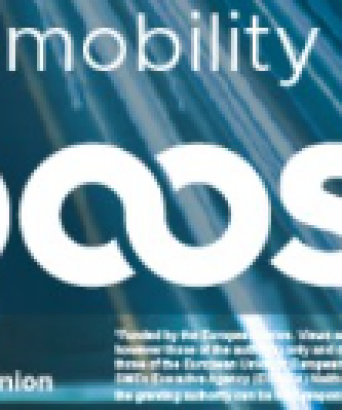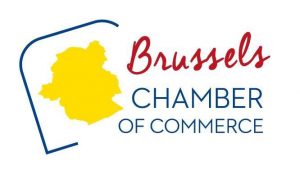Why is a new standardisation strategy needed ?
Technologies of the future bring new challenges. We increasingly rely on standards to ensure that the development of products and services such as batteries or artificial intelligence reflect our democratic values and ensure they respect data protection, cybersecurity, environmental and other considerations. Europe’s competitiveness, technological sovereignty and promotion of EU values, highest social and environmental ambitions will depend on how successful European actors are at international level. It is also essential in supporting European industry on the path of the digital and twin transitions.
Standards in every day life
European standards are part of our every day life. They are behind a range of products and services from protective face masks, children’s toys to mobile phones or house hold appliances. Businesses use European standards to ensure their products comply with EU law, make them interoperable and safe for citizens and the environment. Standards help businesses compete on the EU Single Market as well as globally.
Some examples :
- Protective masks apply a standard which ensures the highest level of particle filtration
- Standards make children’s toys safe and free of toxic substances
- Standards ensure mobile phones can connect with each other and other devices, by also setting out appropriate frequency band
- Standards lay down the energy efficiency requirements of household appliances
European harmonised standards
A harmonised European standard is a standard developed at the request of the European Commission by one of the European standardisation organisations, to provide technical specifications needed for a product to respect EU law. The references of harmonised standards must be published in the Official Journal of the European Union.
The use of European standards is voluntary. Manufacturers and other economic operators are free to choose another technical solution to demonstrate compliance with the mandatory legal requirements. Compliance with a harmonised standard however makes it easier for businesses to show their products comply with EU legislation and facilitates their access to the EU Single Market.
What is the Commission proposing?
The Commission is proposing a series of actions to put standardisation at the centre of Europe’s policy agenda. These will help to enable Europe’s global leadership on standards and improve the delivery on EU priorities for a green, digital and resilient Single Market.
Among the actions
- An amendment to Regulation (EU) No 1025/2012 on standardisation improve the governance in the European Standardisation System
- The publication of the 2022 Annual Union Work Programme on standardisation, which identifies standardisation urgencies, mainly as regards COVID-19 vaccine and medicine production, critical raw materials recycling, the clean hydrogen value chain, low-carbon cement, chips certification and data standards
- Calls on the European standardisation organisations to modernise their governance to ensure inclusiveness of SMEs, civil society and facilitate access to standards
- Set up a mechanism with EU Member States and national standardisation bodies to monitor, share information, coordinate and strengthen the European approach to international standardisation, supported by the EU Excellence Hub on Standards
- Support researchers and innovators participating in EU funded R&D&I projects to take part in relevant standardisation activities
- Enable the next generation of standardisation experts
Source : fact sheet DG Grow





